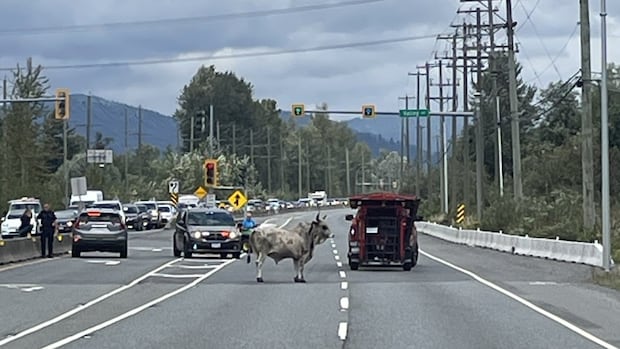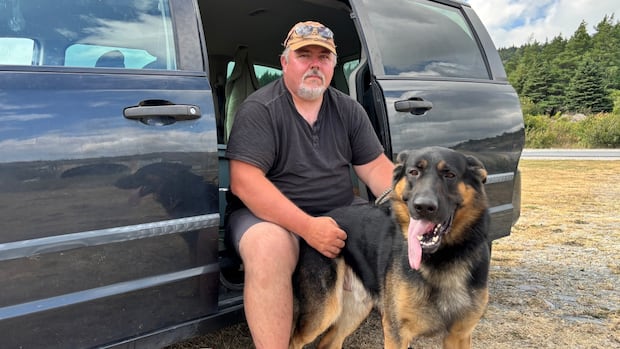WARNING: This article may affect those who have experienced sexual violence or know someone affected by it.
A Toronto man has been ordered to stand trial on sexual assault charges next year, three decades after a series of attacks on minors led to an Ontario manhunt for an unknown assailant the media dubbed the “woodland rapist.”
Records filed in Superior Court in Brampton show Richard Neil’s four-week jury trial has been scheduled to begin the week of Sept. 14, 2026. He faces 17 charges, including sexual assault with a weapon, kidnapping and making child pornography.
Neil, 65, was arrested in Toronto in March 2024, following a long-running, on again, off again investigation.
His lawyer, Leo Adler, declined to comment on the case. Adler previously told CBC News his client is “not guilty” and was “shocked” when he first learned of the allegations.
Police from Peel, Halton and Waterloo regions launched the Project Woodland task force in 1995 after they said DNA evidence had linked three unsolved sexual assaults. Each time, investigators said a child had been lured into a wooded area, tied to a tree and attacked.
Neil was released on bail last year. An indictment reviewed by CBC shows he’s charged in connection with three attacks on:
-
A boy on Aug. 21, 1992 in Kitchener.
-
Another boy on Sept. 29, 1994 in Brampton.
-
A girl on Aug. 31, 1995 in Oakville.
The identities of the alleged victims are covered by a publication ban. Police said last year they suspect there may be more victims.
Peel police laid 20 charges against Neil in March 2024, but one count of assault and two counts of sexual interference no longer appear in recent court documents. Ontario’s Ministry of the Attorney General did not immediately respond to a request to clarify the discrepancy.
Complainant says DNA proved crucial
Three decades after officers canvassed neighbourhoods — and investigators reportedly looked at more than 1,000 persons of interest — police have not said what ultimately led them to Neil.
But one alleged victim said investigators told him a relative of Neil’s submitted their DNA to an ancestry-type website, and that proved crucial in the case.
Now in his 40s, that man was 10 years old when he reported to police he had been forced to perform sex acts on a stranger in a Brampton park.

A former investigator on the case provided CBC with the same account regarding DNA evidence.
Police across North America have reported breakthroughs in a growing number of cases in recent years through investigative genetic genealogy. The technique involves comparing crime scene DNA to genetic data voluntarily submitted to direct-to-consumer genealogical services.
A man who was attacked in a Brampton, Ont., park 30 years ago is speaking out for the first time, telling CBC News that police told him they identified the alleged ‘woodland rapist’ after a relative of the suspect submitted DNA to an ancestry-type website.
It was a technique unavailable to detectives who first worked on the case.
At the time, a composite sketch of a man was distributed to law enforcement agencies across the province and nearby U.S. states. At one point, Ontario investigators said they’d received 1,300 tips.
A civil lawsuit filed last year against Neil by one of his alleged victims was recently discontinued, a court representative confirmed to CBC. In a statement of claim, the plaintiff said he had suffered “severe physical and psychological injuries” in the three decades since the assault, including “trauma, emotional distress, and loss of enjoyment of life.”
It’s not clear what led the suit to be discontinued.
Neil’s criminal case is scheduled to return to a Brampton court next week.








